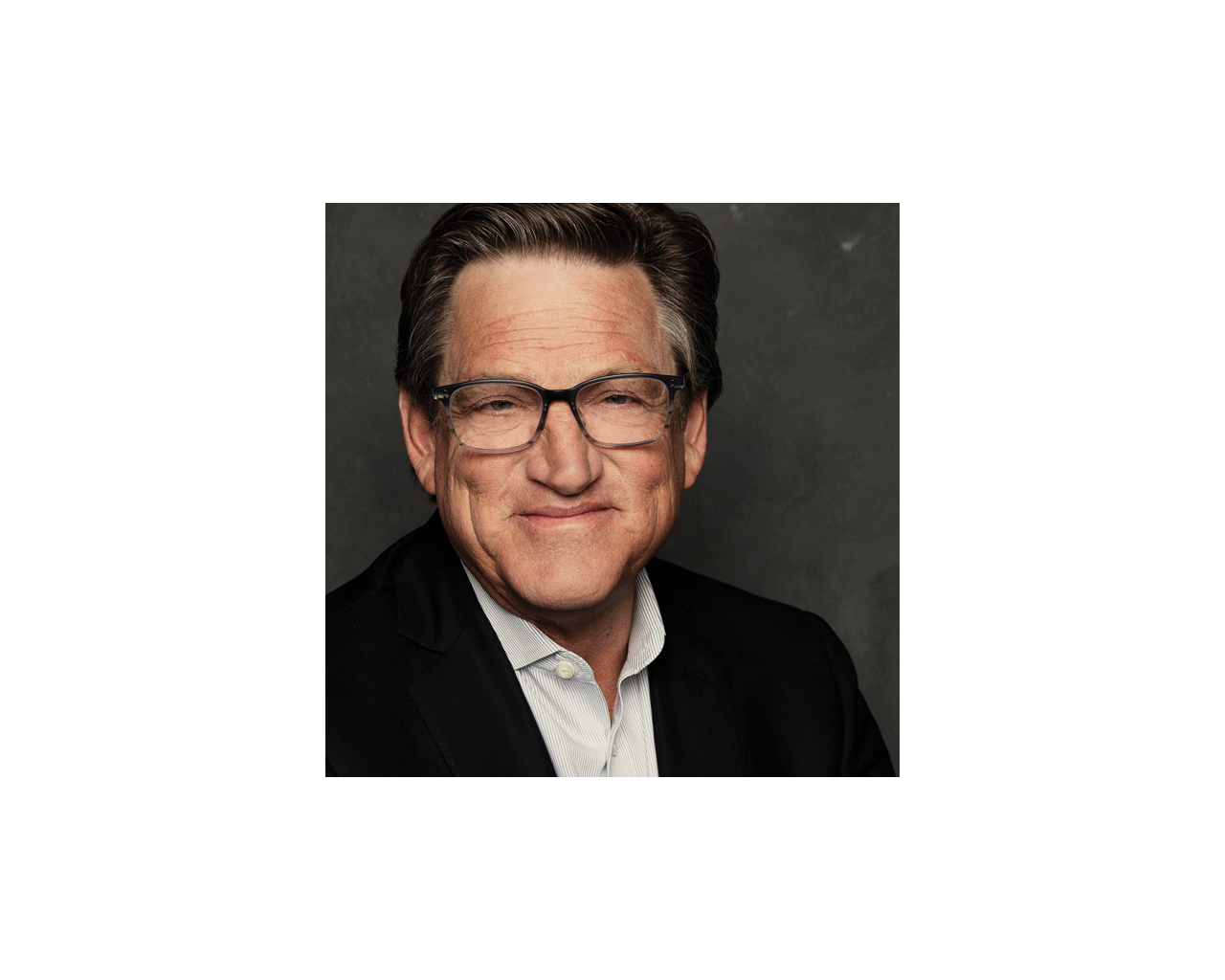Next November, U.S. voters will elect the next president as well as 34 senators, 435 members of Congress, 11 governors and representatives in 85 state legislative bodies. It’s a consequential election for healthcare, which (at 33%) ranks as the second biggest issue to voters after the U.S. economy (60%), ahead of immigration (28%), policing and crime (24%), abortion and the environment (21% each), according to a July 2023 Newsweek poll.
This will be the first election cycle after the reapportionment of votes in the U.S. Electoral College following the 2020 U.S. census. Swing states, such as Wisconsin, Michigan and Pennsylvania, will again be key to the presidential results. However, recent population and demographic shifts have widened distinctions between each major party’s core voters and so-called blue states, which tend to be more liberal, and red states, which tend to be more conservative.
The increased concentration of liberal or conservative voters in certain states and regions has contributed to political polarization in the U.S. electorate. An August 2023 Gallup analysis of partisan gaps states: “Political polarization since 2003 has increased most significantly on issues related to federal government power, global warming and the environment, education, abortion, foreign trade, immigration, gun laws, the government’s role in providing healthcare, and income tax fairness. Increased polarization has been less evident on certain moral issues and satisfaction with the state of race relations.” Thus, healthcare issues are increasingly subject to hyper-partisanship and, often, misinformation.
Prevailing Views About the U.S. Health System
Although healthcare looms as a critical issue in the 2024 electoral cycle, polling indicates it’s nonspecific to a particular issue except for abortion, which is very important to young and urban-dwelling women. Also, the “medical system” enjoys a favorable view among most voters, although confidence has declined in recent years due to access and affordability concerns, according to the Gallup analysis. As a general rule:
- Democratic voters pay more attention to healthcare issues than Republican voters, and they consider access a fundamental right. Specifically, access to abortion and health insurance subsidies for low-income adults are their top concerns. The majority believe the federal government should play a bigger role in healthcare, with universal coverage being the ultimate goal.
- Republican voters pay attention to healthcare in the context of individual rights versus government control. They support efforts that stimulate competition and reduce waste. Whereas price transparency is popular, price controls are considered a step too far.
The Role of States
State elections and ballot referenda will take on added significance for healthcare in 2024. Consider the following points:
- Voters in 34 states will elect senators to serve in a closely divided U.S. Senate that approves healthcare budgets, appointments and judges. In 2024, Democrats will defend 23 seats, including three in heavily Republican-leaning states (Montana, Ohio and West Virginia).
- State referenda decide laws and regulations on such healthcare issues as abortion rights and drug price controls. Notably, federal regulations complicate state actions on matters like these, throwing many into the court system for resolution.
- States vary widely in funding for Medicaid and public health programs. Conservative-leaning states are prone to more restrictions on access and lower funding, whereas liberal-leaning states are inclined toward more access and higher funding through state and local taxes. State legislators and/or governors control these deliberations.
The Primary Issues
The following three healthcare issues will capture most voter attention in 2024:
- Abortion: Since the Supreme Court decision last year, opinions about abortion have migrated toward restricted access and patient safety, though it remains a highly divisive issue. In 25 states and the District of Columbia, there are no restrictions on access; in 14 states, abortion is banned; and in 11 states, abortion is legal but with gestational limits that range from six weeks in Georgia to between 12 and 22 weeks in Arizona, Utah, Nebraska, Kansas, Iowa, Indiana, Ohio, North Carolina, South Carolina and Florida.
- Access and affordability: Although technically these are two separate issues, many voters consider them to be one in the same. When viewing these issues along party lines, 85% of Democratic voters believe there should be universal coverage versus 33% of Republican voters. Opinions about the 2010 Affordable Care Act remain sharply divided, though Medicaid expansion has passed in 40 states. Thus, the 2024 election will feature a clash of views about remedies for access and affordability, with conservative voters calling for more competition, consumerism and transparency and liberal voters calling for more government funding, regulation and fairness.
- Institutional trust: Perceived partisanship, lack of independence and/or ineptitude in opinions by the U.S. Supreme Court, drug approvals by the Food and Drug Administration, and public health directives from the Centers for Disease Control and Prevention have eroded voter faith and trust in their performance, according to Gallup polling. They’ll be popular targets in antagonist campaigns.
Although the economy, inflation and consumer prices are likely to drive the majority of the vote during the 2024 elections, healthcare will not be far behind. These three issues will draw the majority of voter attention, and barring a second pandemic or major conflict with Russia or China, healthcare will be on the ballot in 2024 and might very well make the difference in who wins and loses.
Every healthcare organization must advocate on behalf of relevant policies and educate voters on healthcare issues under the watchful oversight of their board and within regulatory constraints of election laws. Voters will be paying attention.
Paul H. Keckley, PhD, is managing editor of The Keckley Report (pkeckley@paulkeckley.com).


